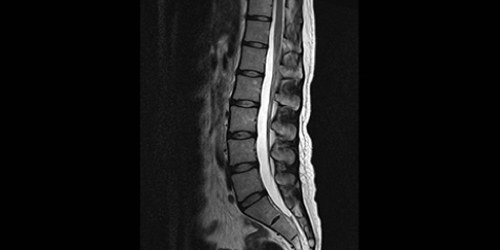Magnetic Resonance Imaging (MRI)
MRI is a technology that measures the magnetic properties of the matter that makes up the human body and reconstructs them into images using a computer. It has been specifically developed for the imaging of soft tissues, such as muscles, ligaments, the brain and nervous system, and tumors, to obtain high-resolution images. The equipment is large and noisy, which can be nerve-racking for those receiving the examination for the first time, but rest assured that it is a very safe imaging method for the human body.
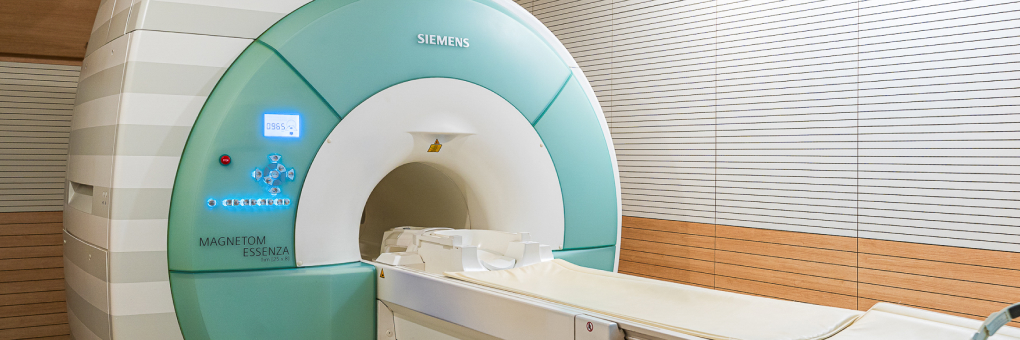
MRI Equipment at the KOMEF Medical Examination(1)
SIEMENS ESSENZA 1.5T MR
Comfortable MRI method using ultra-lightweight coils
Flexible combination of up to 4 coils for a faster examination
Improved diagnostic reliability with the high image quality provided by 1.5T
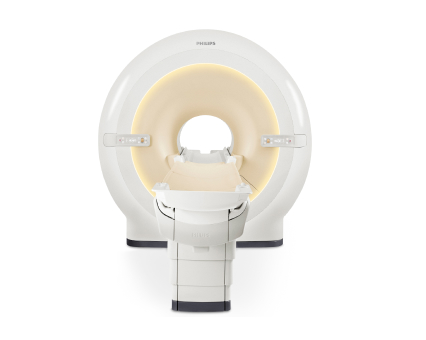
MRI Equipment at the KOMEF Medical Examination(2)
PHILIPS dStream ACHIEVA 1.5T MRI
With the application of digital technology, the signal-to-noise ratio (SNR) is improved by 40%, enabling clearer and more precise diagnosis of lesions during MRI exams.
The examination time is reduced by up to 40% using the most advanced MRI examination time reduction technique (Compressed SENSE).
More precise liver examination with the application of the latest technology for fatty liver tests (We have upgraded to fully digital MRI equipment to introduce a new fatty liver test that is non-invasive, without the need for a biopsy, and can accurately and reproducibly quantify fatty deposits in the liver.)
Benefits of MRI Scans
There is absolutely no radiation exposure, and a wide range of functional tests can be performed with improved distinction between soft tissues and a clearer view of small structures.
Brain MRA
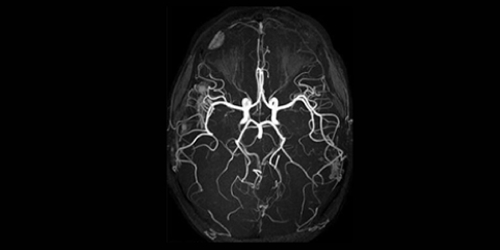
Brain MRI
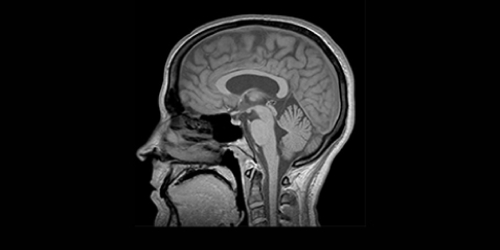
Knee MRI
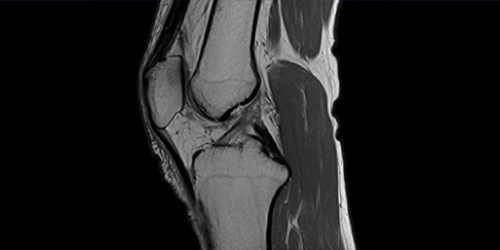
Spine MRI
